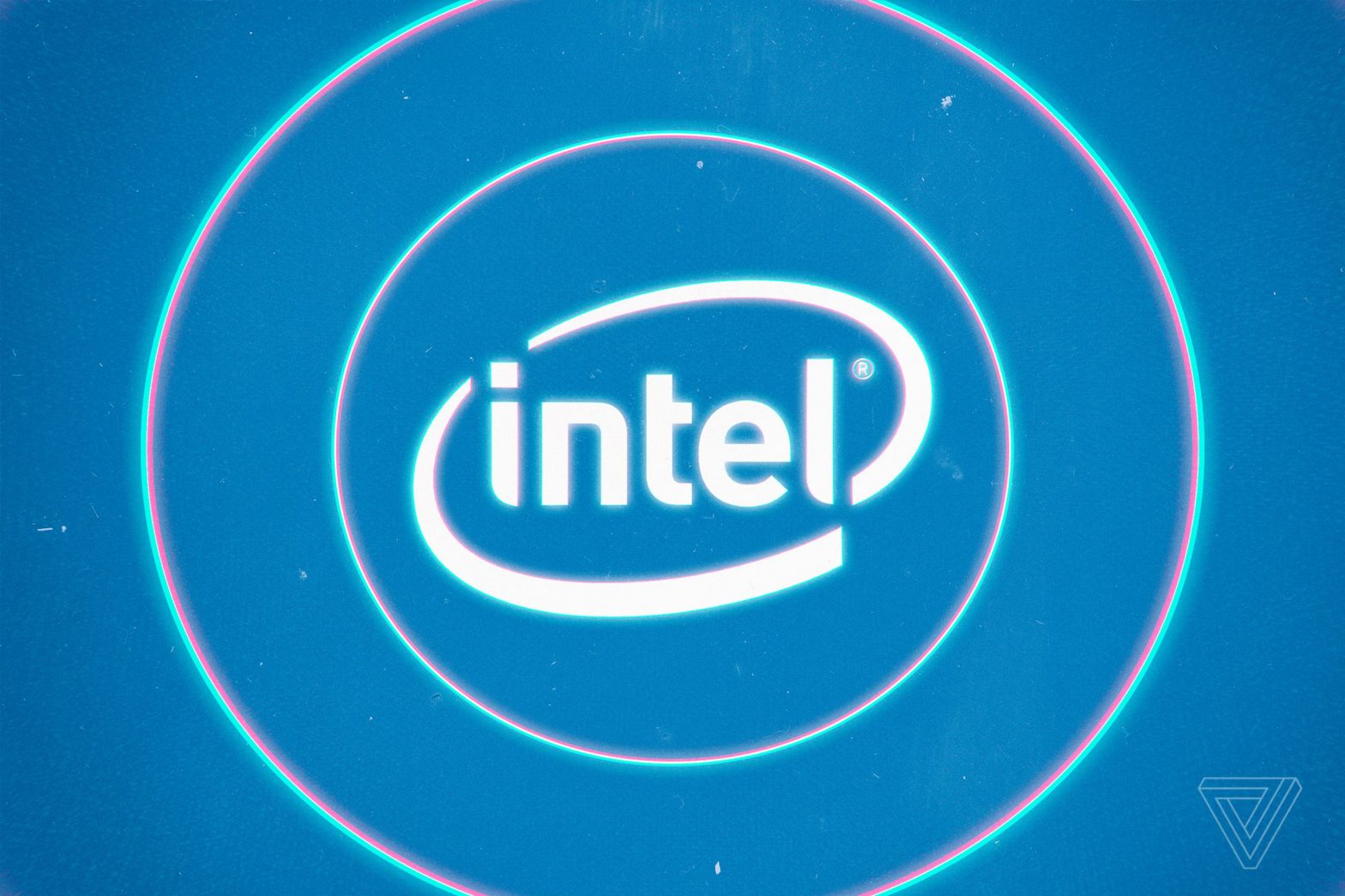/
The chipmaker is still vaguely profitable, but it seems its losses are weighing heavily.
Share this story
:format(webp)/cdn.vox-cdn.com/uploads/chorus_asset/file/11447785/acastro_180529_1777_intel_0002.0.jpg)
Illustration by Alex Castro / The Verge
Intel’s on a long, long road to recovery, and over 10,000 workers will likely no longer be coming along for the ride. The chipmaker just announced it’s downsizing its workforce by 15 percent, as part of a new $10 billion cost savings plan. With 125,300 employees as of June 29th, that will likely mean a substantial number of layoffs.
The company just reported a loss of $1.6 billion in Q2 2024, substantially more than the $437 million it lost last quarter. “Our Q2 financial performance was disappointing, even as we hit key product and process technology milestones,” admits Intel CEO Pat Gelsinger in the company’s press release. “Second-half trends are more challenging than we previously expected, and we are leveraging our new operating model to take decisive actions that will improve operating and capital efficiencies while accelerating our IDM 2.0 transformation.”
It’s not like all Intel’s businesses are failing; while Intel has absolutely been losing money on its chipmaking Foundry business as it invests in new factories and extreme ultraviolet (EUV) lithography, to the tune of $7 billion in operating losses in 2023, the company products themselves aren’t unprofitable.
Almost all the losses this quarter and last quarter came from Foundry while its sales continue to stay relatively stable, and its PC and server businesses stay profitable. (The PC sales slump ended earlier this year.)
But investors don’t seem happy that the company is keeping itself on a knife’s edge: over the past two years, it’s continued to swing between losses and profits overall, for just $1.1 billion in profit between Q2 2022 and Q1 2024. “Intel is now the worst-performing tech stock in the S&P 500 this year,” CNBC wrote in April.
From a tech leadership perspective, Intel’s yet not a big player in AI server chips like Nvidia (maybe not even a small one like AMD), its relatively recent entry into graphics has yet to impress, and it had to overhaul its flagship laptop chips significantly to address the existential threat of Arm chips from the likes of Qualcomm and Apple, which can offer more battery life than Intel.
Microsoft recently followed Apple’s lead in ditching Intel chips for its latest slate of consumer hardware, including the Surface Laptop and Surface Pro, and launched its whole Copilot Plus PC initiative exclusively with Qualcomm, without waiting for Intel (or AMD)’s new flagship laptop chips to join them.
Intel previously had a big round of layoffs in October 2022, when it also announced it would cut between $8 and $10 billion in costs every year through 2025. But the company didn’t shrink all that much as a result. While headcount dipped roughly five percent in 2023 (from 131,900 employees to 124,800 employees), Intel hired its way back to 130,700 employees as of March 30th, 2024, its financial records show.
Developing…
